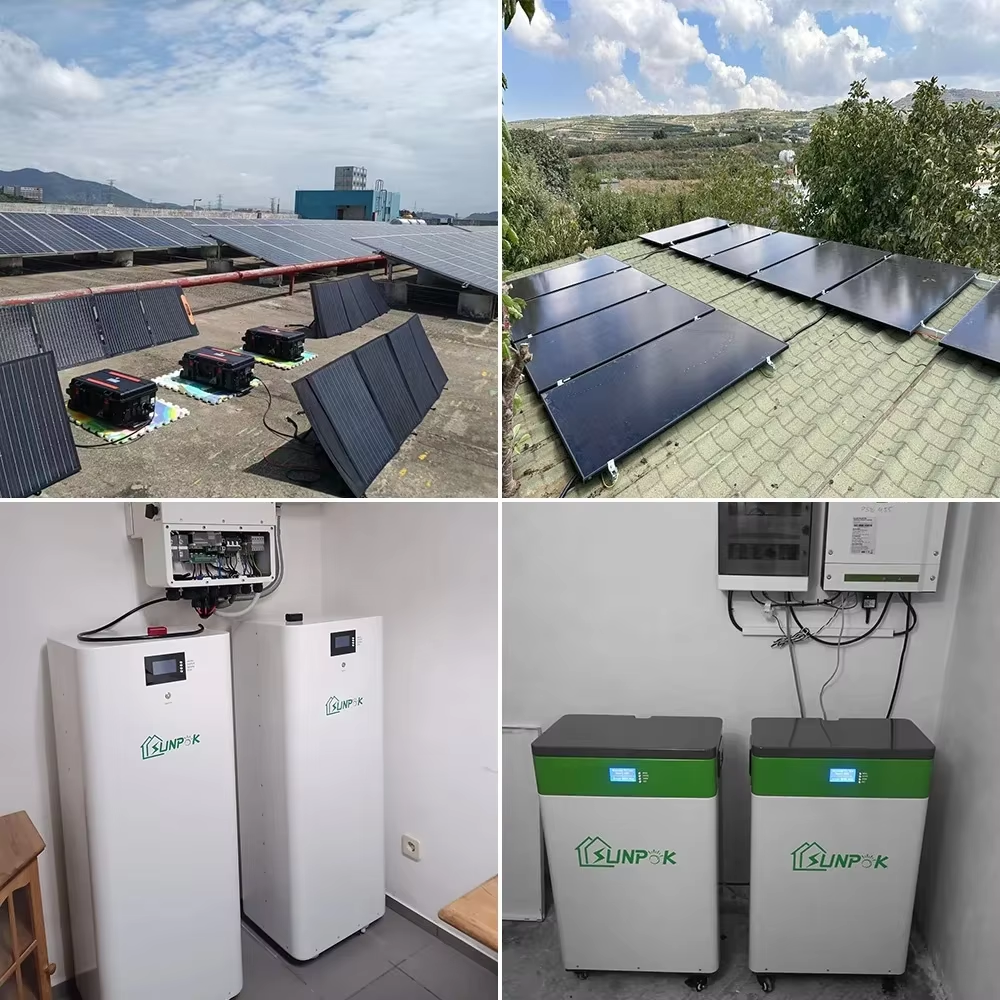Introduction
Table of Contents
Toggle
Picture this: a house that powers itself, knows when to turn on lights, adjust the thermostat, and charge your electric car—all while saving money and helping the planet. That’s the magic of integrating solar power with your smart home. In today’s world, tech-savvy homeowners are turning their homes into energy-efficient powerhouses. This guide will show you exactly how to make it happen.

Understanding Solar Power
What is Solar Energy?
Solar energy is the most abundant energy source available to us. It’s clean, renewable, and comes straight from the sun. What more could you want?
How Do Solar Panels Work?
Solar panels, or photovoltaic (PV) panels, capture sunlight and convert it into electricity. That electricity can be used immediately, stored in a battery, or sent back to the grid.
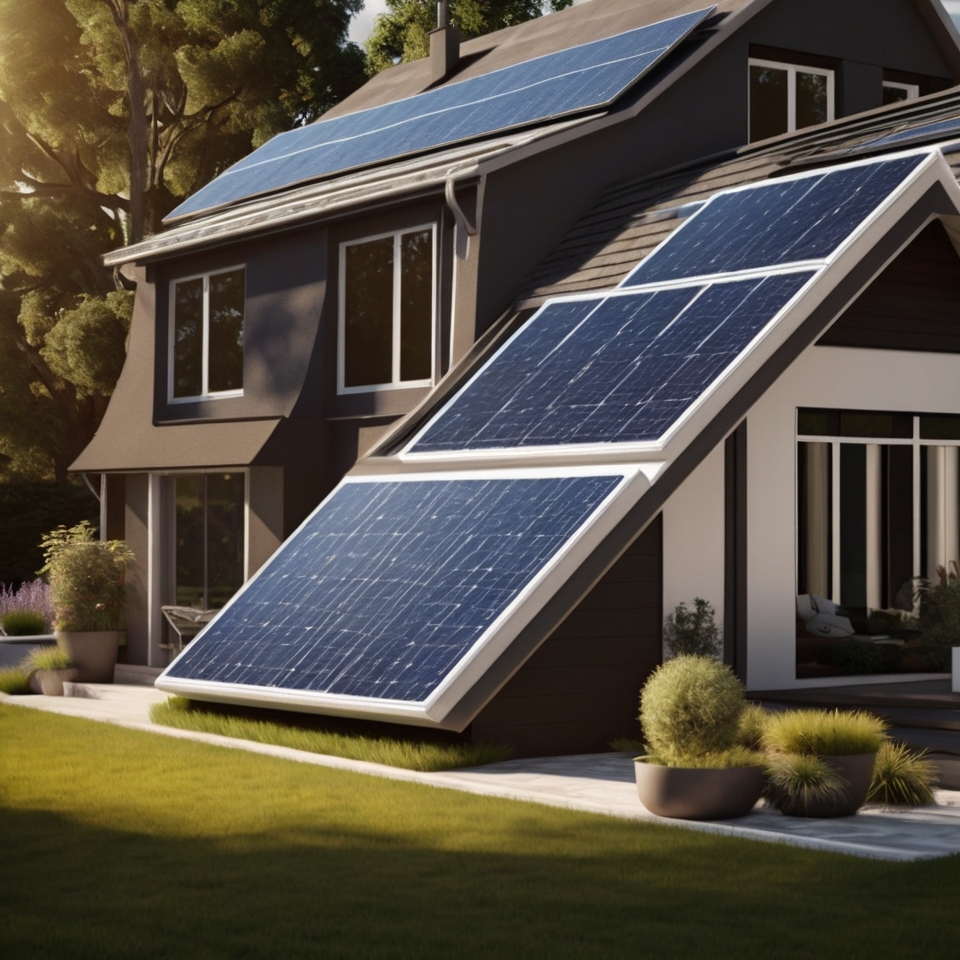
Components of a Solar Power System
Solar Panels – The collectors of sunlight.
Inverter – Converts DC to usable AC electricity.
Battery (optional) – Stores excess energy for later use.
Monitoring System – Lets you track your energy production and consumption.
What Is a Smart Home?
Key Features of Smart Homes
A smart home uses internet-connected devices to manage things like lighting, climate, security, and appliances. You can control everything with a smartphone or even your voice.
Smart Devices That Consume Energy
Smart TVs
Refrigerators
Thermostats
Electric vehicle chargers
Washing machines and dryers
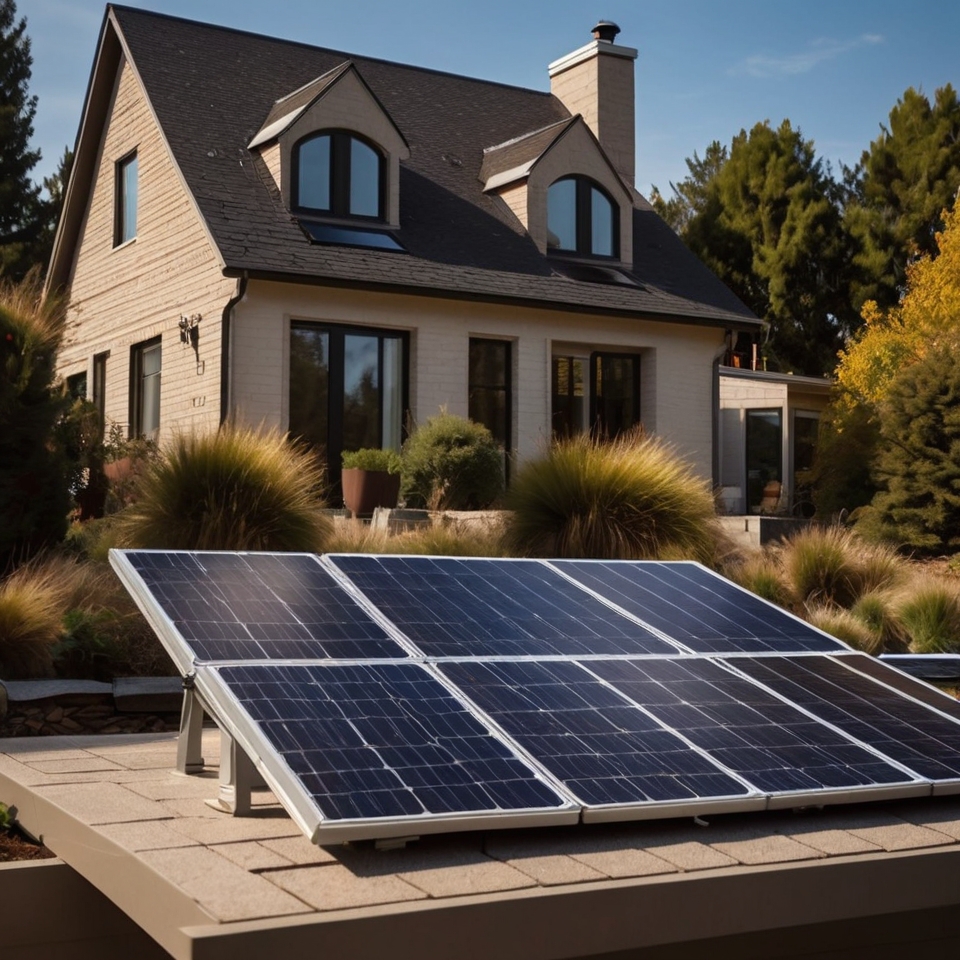
Why Integrate Solar Power with Smart Technology?
Sustainability Benefits
Going solar reduces your carbon footprint dramatically. Pairing that with smart tech helps you use less energy to begin with.
Energy Efficiency
Smart systems optimize when and how your devices run, ensuring you get the most out of your solar energy.
Cost Savings Over Time
It might seem like a hefty upfront investment, but the long-term savings on electricity bills—and potential government rebates—make it worthwhile.
Assessing Your Home's Solar Potential
Evaluating Sunlight Exposure
Your home needs a decent amount of sunlight, especially on the roof. South-facing roofs in the northern hemisphere work best.
Local Regulations and Incentives
Check your local building codes, HOA rules, and tax incentive programs. Many areas offer attractive rebates or credits.
Roof Space and Structure Considerations
Make sure your roof can support the weight and size of the solar system. If not, ground-mounted panels are an alternative.
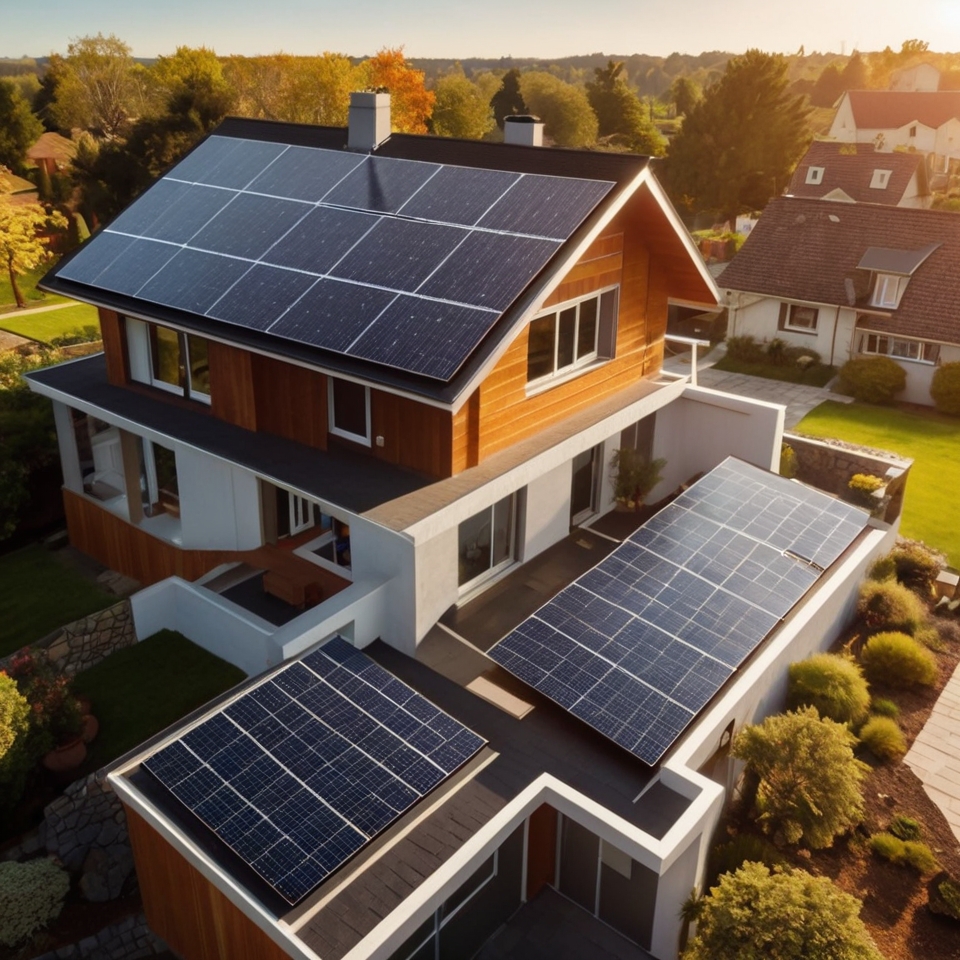
Choosing the Right Solar System
Grid-Tied vs. Off-Grid vs. Hybrid
Grid-tied: Most common; still connected to utility power.
Off-grid: Fully independent, great for remote locations.
Hybrid: Best of both worlds, includes batteries for backup.
Battery Storage Options
Tesla Powerwall, LG Chem, and Sonnen offer excellent storage systems for homeowners who want to use power at night or during outages.
Inverter Compatibility with Smart Systems
Pick an inverter that integrates easily with smart home apps like Google Home, Alexa, or Apple HomeKit.
Smart Devices That Work Best with Solar
Smart Thermostats
They learn your schedule and reduce HVAC energy usage, which is usually your home’s biggest energy drain.
Smart Lighting
Set schedules or automate lights based on occupancy or daylight levels. LEDs + automation = serious savings.
Smart Appliances
Energy Star-rated smart fridges, washers, and ovens reduce power consumption significantly when used wisely.
EV Chargers and Smart Plugs
Charge your electric vehicle during peak solar production and manage power-hungry devices with smart plugs.
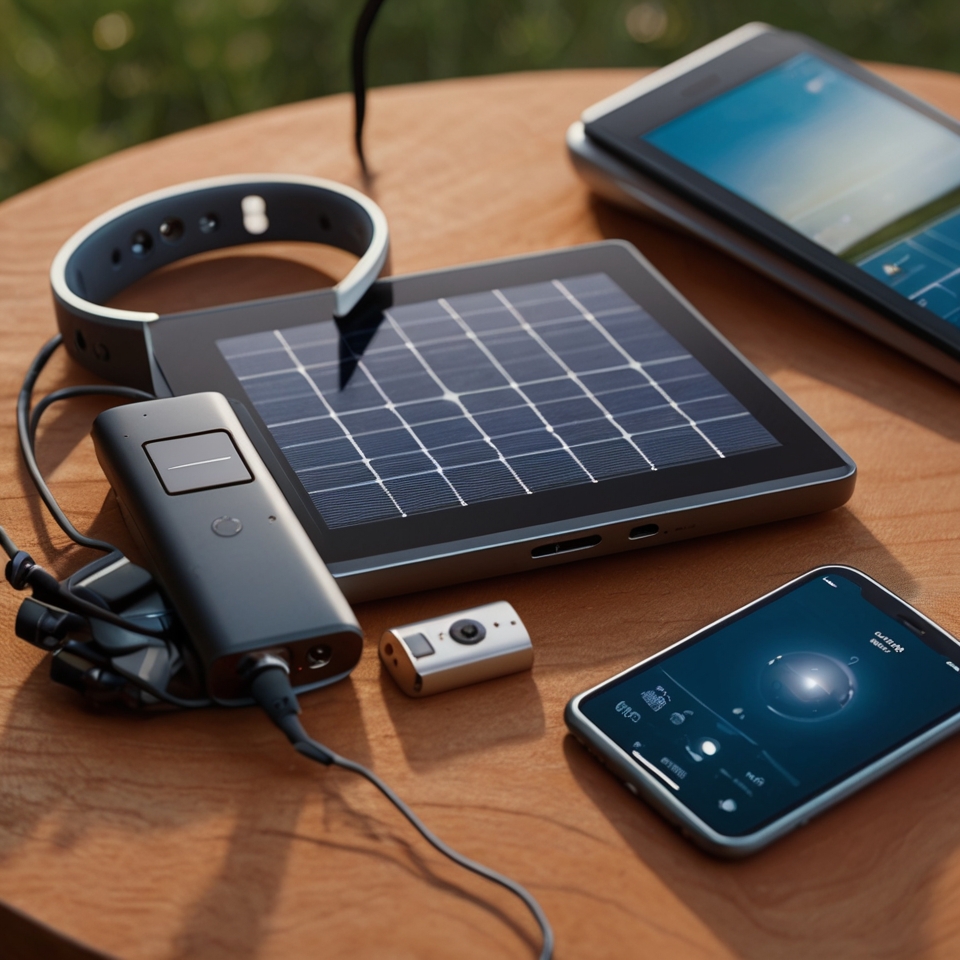
Monitoring and Managing Energy Consumption
Using Energy Dashboards
Platforms like Sense, SolarEdge, and Enphase give you real-time insights into where your power is going.
Role of Smart Meters
Smart meters provide accurate tracking and help you stay informed about your energy habits.
Mobile Apps and Voice Control
Control your entire home with a few taps or a simple “Hey Google, turn off the AC.”

Automation and Scheduling
Setting Peak vs. Off-Peak Usage
Schedule appliances to run during peak solar hours. This reduces reliance on the grid and saves money.
Custom Routines for Solar Availability
Use IFTTT or built-in routines in smart hubs to automate actions like adjusting blinds, changing thermostat settings, and more based on solar generation levels.

Integrating Battery Storage
Benefits of Home Batteries
Store excess solar energy and use it when the sun isn’t shining. Great for power outages too.
Brands and Compatibility
Popular choices:
Tesla Powerwall
LG Chem RESU
Enphase Encharge
Make sure the battery works seamlessly with your inverter and smart home platform.
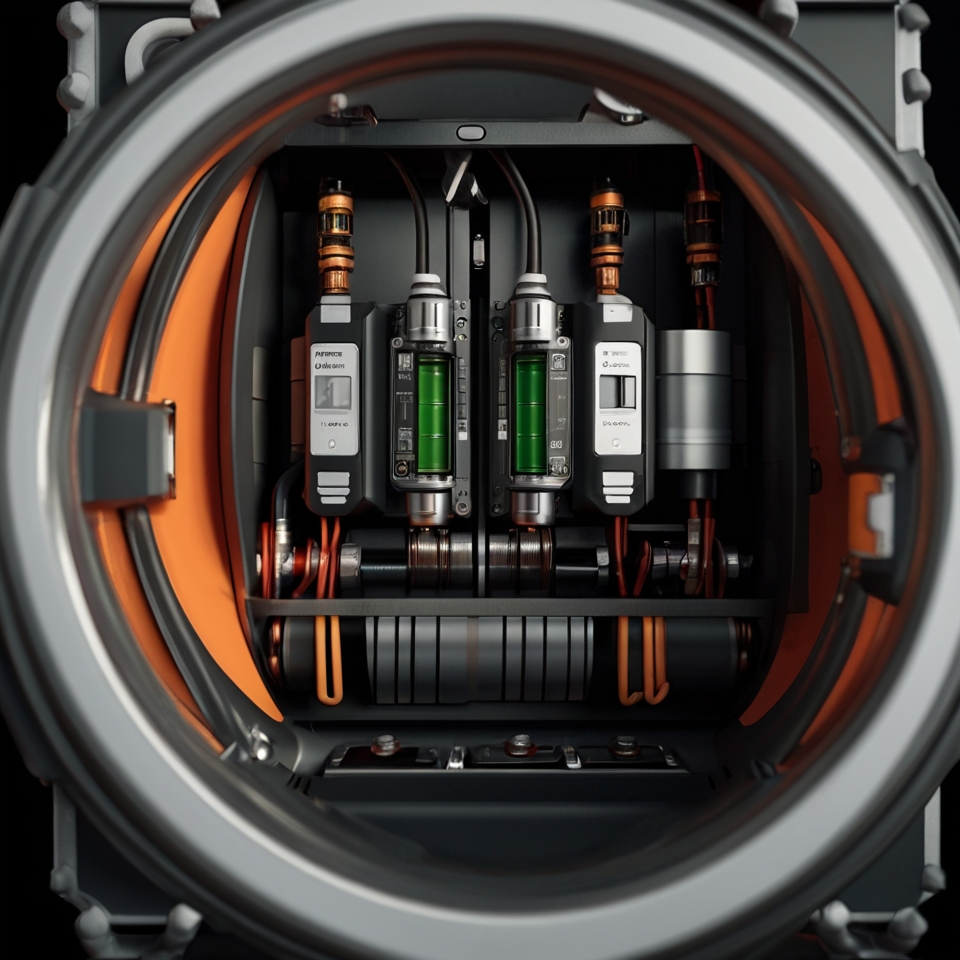
Role of AI and Machine Learning
Predictive Energy Usage
AI can analyze your behavior and forecast your energy needs, adjusting systems in real-time.
Load Balancing and Optimization
Distribute power intelligently across your home, prioritizing essential devices and minimizing waste.

Security and Backup Considerations
Keeping Your System Online During Outages
Hybrid systems with battery backup ensure your essentials stay powered during blackouts.
Cybersecurity for Smart Systems
Use strong passwords, enable two-factor authentication, and regularly update firmware to protect against hacking.

Cost Analysis and ROI
Upfront Costs vs. Long-Term Gains
Yes, it’s pricey to set up. But once installed, most homeowners see ROI in 5–8 years—sometimes less with incentives.
Tax Credits and Government Incentives
The U.S. Federal Solar Tax Credit (ITC) currently offers up to 30% back on installation costs. Many states have additional rebates.

Challenges and How to Overcome Them
Technical Hurdles
Not all devices play nice with each other. Choose open-platform smart devices and consult experts during installation.
Maintenance Concerns
Solar panels are low-maintenance, but smart devices need occasional updates and monitoring.

Future Trends in Solar + Smart Tech Integration
Smart grids that interact dynamically with your home
AI that predicts weather and adjusts systems accordingly
Solar-powered smart home communities
Conclusion
Combining solar energy with smart home technology is like peanut butter and jelly—they’re just better together.
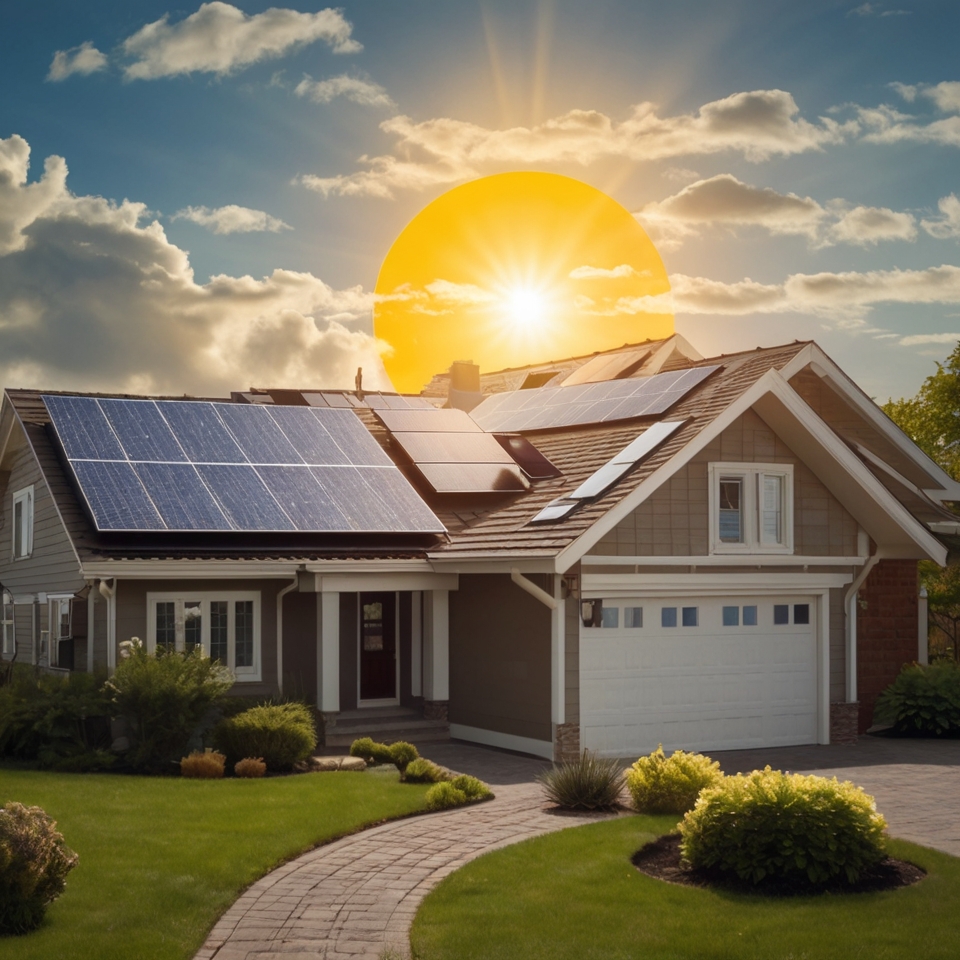
It gives you full control over your home’s energy use, saves money, and helps the planet. With a bit of planning and the right tools, your home can be future-ready and environmentally friendly.
FAQs
Q1: Can I add solar to my existing smart home setup?
Absolutely! Most systems can be retrofitted to work together. Just ensure device compatibility.
Q2: What happens when it’s cloudy or at night?
Your system will draw power from the grid or your home battery, depending on your setup.
Q3: Are smart solar systems hard to maintain?
Not at all. Solar panels are mostly maintenance-free, and smart systems just need occasional updates.
Q4: Will I still get an electric bill with solar?
Most likely, yes—but it’ll be much lower unless you’re fully off-grid.
Q5: How long do solar panels last?
Modern panels last 25–30 years or more, with minimal efficiency loss over time.
Sunpok 48V 10kwh Powerwall Lifepo4 Lithium Integrated Inverter All Emergency Solar Energy Storage Single Phase 100ah Battery LFP
Top On Sale Product Recommendations!
Sunpok 48V 10kwh Powerwall Lifepo4 Lithium Integrated Inverter All Emergency Solar Energy Storage Single Phase 100ah Battery LFP Click here for more info
- All Posts
- Arts & Crafts
- Computers
- Digital Content & Devices
- Electronics
- Health and beauty
- Home and Kitchen
- Smart Home
- Uncategorized

10 Creative Art Games Kids Will Love Introduction Where imagination meets play There is a quiet kind of magic when…

How to Sell Handmade Crafts Online: A Step-by-Step Guide The Emotional Power of Handmade Crafts Handmade crafts are not just…

Introduction The world of art has changed forever. No longer do you have to wait for a gallery to “approve”…

How to Price Handmade Crafts to Maximize Profit ✨ Introduction You’ve poured your soul into your craft. Whether it’s a…

✨ Introduction Every handmade creation tells a story — your story. But in a world overflowing with beautiful crafts, how…

Introduction Let’s face it—when it comes to handmade goods, what’s outside does count. Packaging is your first handshake, your smile…

Introduction Ever felt like your creative spark just vanished? Like you’re staring at a blank page, screen, or canvas, and…

Developing artistic skills requires more than talent—it takes discipline, practice, and consistency. One of the most effective ways to sharpen…

🖌 Introduction Have you ever gazed at your collection of sketches and sensed disarray? One spread flirts with whimsy, another…

